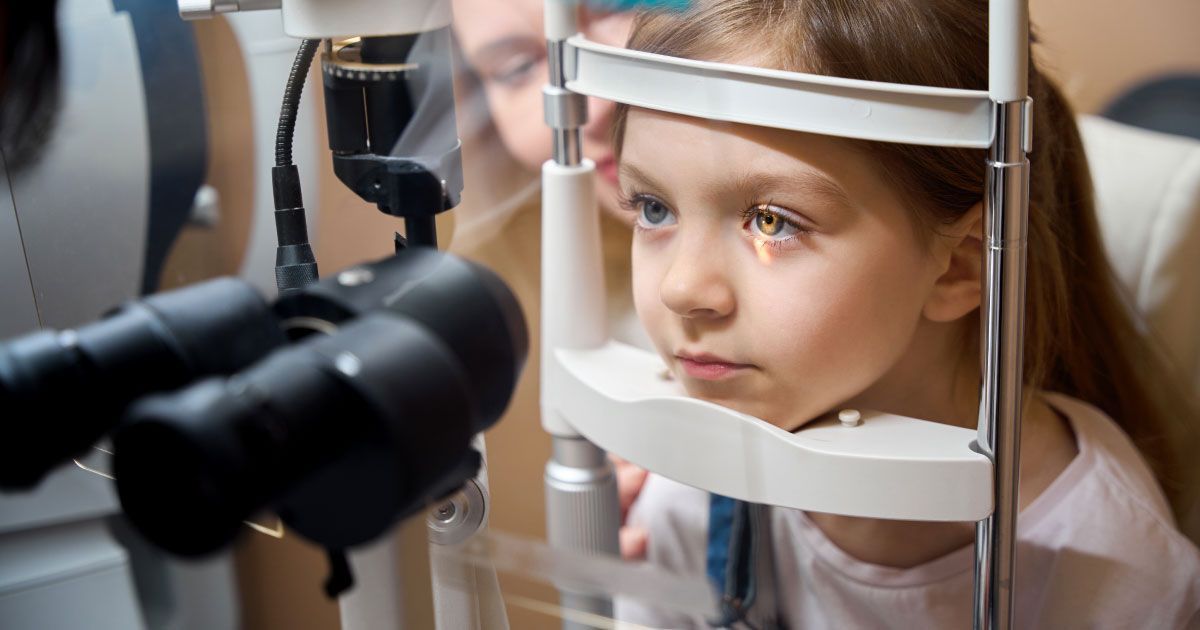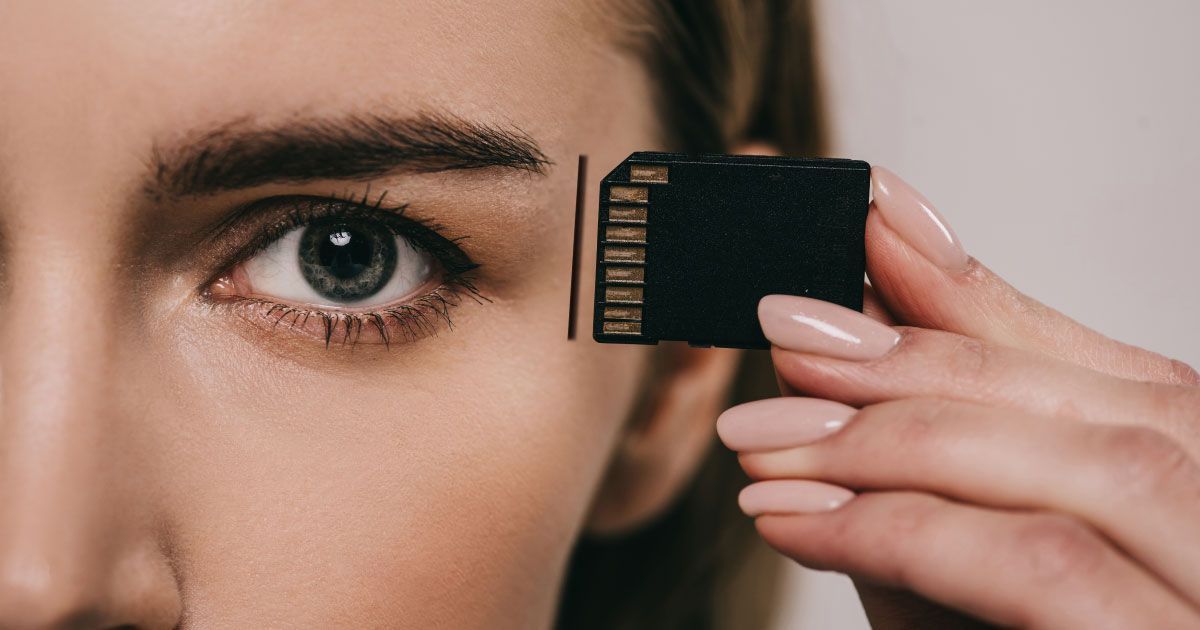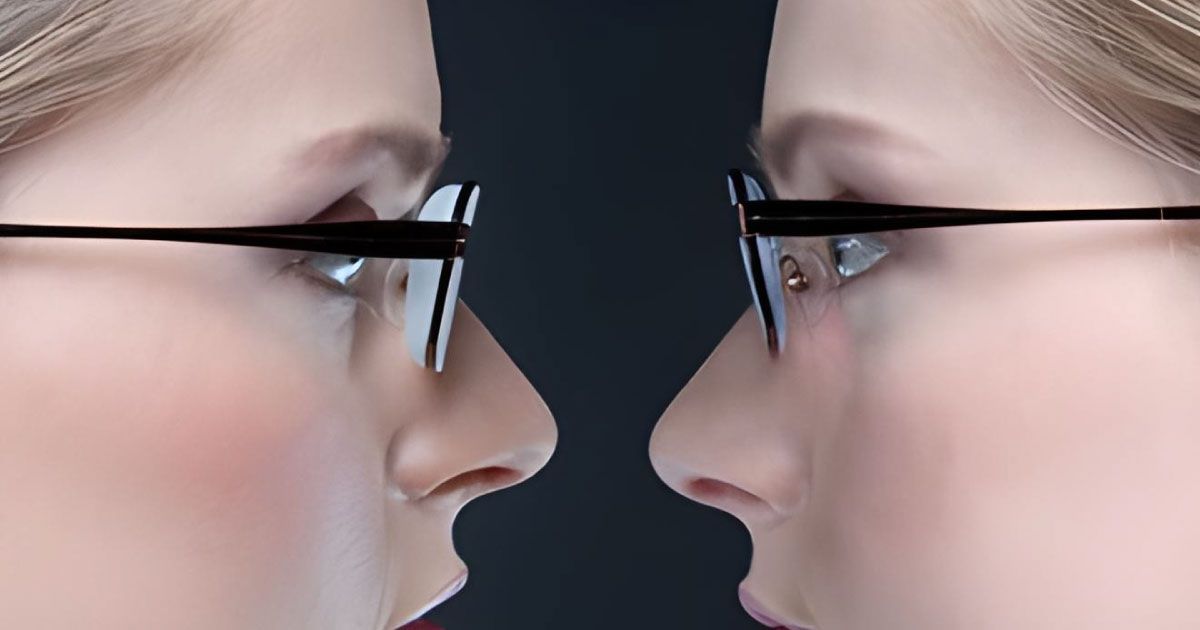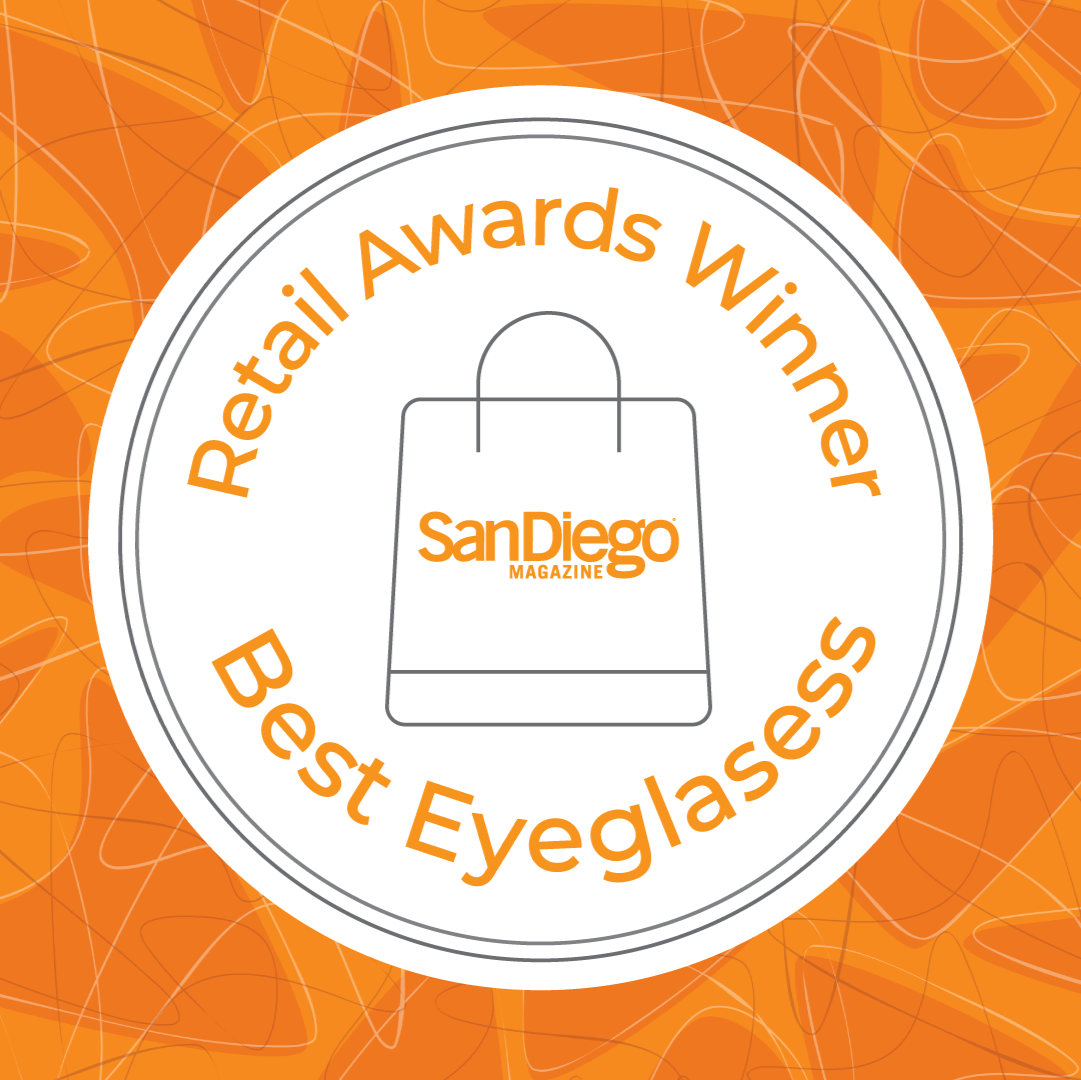Eyes Wide Open: Researching and Finding the Perfect Optometrist
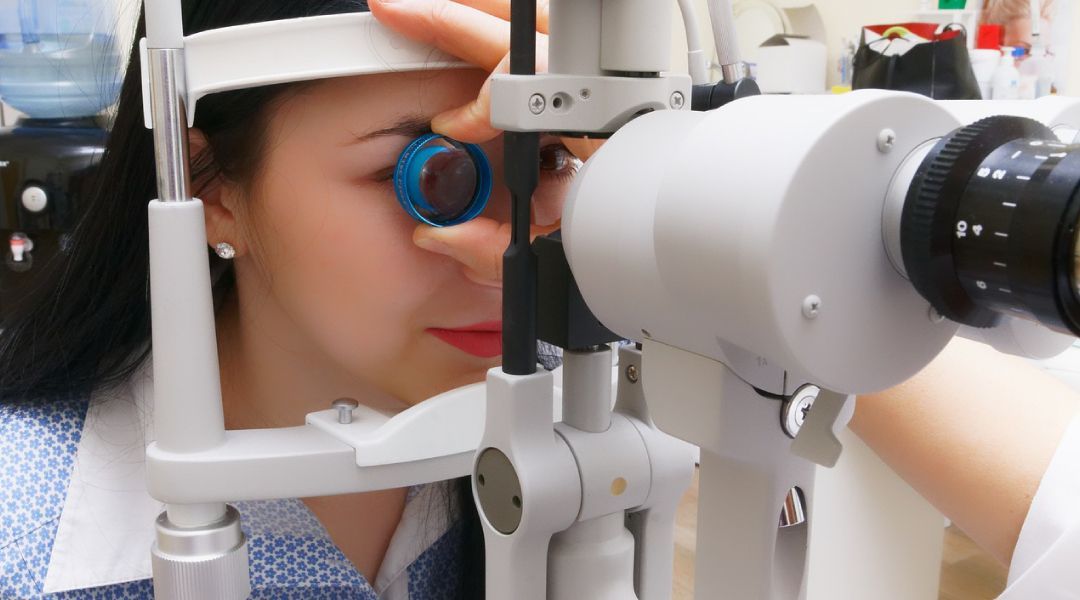
Read time: 5 minutes
Before entrusting your eye health to a professional, it's essential to conduct thorough research to ensure that your chosen eye doctor aligns with your needs and expectations. Let's look at some of the core things to look for during the research and selection process.
Selecting the Right Eye Care Professional For You
- Credentials and Qualifications: Ensure that the eye doctor is a licensed optometrist. Licenses are regulated and monitored by each state's Board of Optometry requiring ongoing continuing education to stay abreast of evolving medical knowledge, technological advancements, and best practices in eye care. Also, look for certifications, affiliations, and memberships in professional organizations, such as the American Optometric Association, which further validate an optometrist's expertise, ethical standards, and commitment to ongoing professional development.
- Reputation and Reviews: Explore online reviews and testimonials from current and past patients. Seek recommendations from friends, family, or colleagues who have had positive experiences with eye care professionals.
- Experience and Specialization: Consider the doctor's experience, especially in areas relevant to your specific eye health needs. Opt for an eye doctor who specializes in the type of care you require, whether it's general eye exams, contact lenses, or the management of specific eye conditions.
- Range of Services: Evaluate the breadth of services offered. A comprehensive eye care provider should offer a wide range of services, from routine exams to specialized care for various eye conditions.
- Insurance and Payment Options: Check if the eye doctor accepts your insurance plan. Inquire about payment options and whether the practice offers flexible financing, especially for procedures not covered by insurance.
- Location and Accessibility: Consider the location of the practice and its accessibility from your home or workplace. Evaluate the clinic's office hours to ensure they align with your schedule.
- Communication and Patient Education: Assess the communication style of the eye doctor. A good practitioner should be able to explain complex issues in a way that is easily understandable. Look for a practice that emphasizes patient education, empowering you to make informed decisions about your eye health.
- Emergency Care and Follow-up: Inquire about the availability of emergency care services. Consider the practice's approach to follow-up care and whether they prioritize ongoing communication and monitoring of your eye health.
- Personal Comfort and Trust: Trust your instincts. Choose an eye doctor with whom you feel comfortable discussing your concerns and asking questions. A transparent and patient-centered approach contributes to building trust between you and your eye care professional.
Other Considerations To Make Before Deciding on The Right Doctor
While trust and reliability in a doctor are paramount, there are several other factors to consider when choosing an optometrist. From cutting-edge technology and advanced care to frame selections and personalized service, the process of finding the right eye care professional requires careful consideration.
- State-of-the-Art Technology: In the rapidly advancing field of optometry, the use of state-of-the-art technology is pivotal in ensuring accurate diagnoses and effective treatment plans. When choosing an optometrist, inquire about the technology employed during the eye examination process. Practices that invest in modern equipment can offer a more thorough and precise analysis of your eye health.
- Comprehensive and Advanced Care: Optometry is more than just updating your prescription; it's about ensuring the overall health of your eyes. Look for optometrists who offer comprehensive eye care services beyond routine exams. Practices that provide advanced care for conditions such as glaucoma, macular degeneration, and diabetic retinopathy demonstrate a commitment to your long-term eye health.
- Specialty Care Partnerships: Consider optometrists who collaborate with reputable specialists for advanced or specialized care. A strong network of partnerships ensures that you can seamlessly transition to a specialist if needed. This collaboration often leads to better-coordinated care and improved outcomes for patients with specific eye conditions.
- Diverse Frame and Lens Options: The optical side of eye care is not just about functionality; it's also about style. A reputable optometrist should offer a diverse selection of frames and lenses to suit different preferences and lifestyles. Whether you're looking for the latest designer frames or specialized lenses, a comprehensive range of options ensures that you find the perfect fit for both your visual needs and personal style.
- Service and Personalized Care: The patient experience is a crucial aspect of any optometry practice. Opt for a clinic that prioritizes exceptional customer service and personalized care. A welcoming and attentive staff, along with opticians who take the time to understand your unique needs, contribute to a positive and satisfying eye care experience.
Why Choose Urban Optiks Optometry
Among the myriad of optometry practices in San Diego, our award-winning practice stands out for its commitment to excellence and decades of experience. Founded by owner Dr. Gary A. Klein, a seasoned optometrist, Urban Optiks Optometry boasts a team of three associate optometrists, each bringing their wealth of knowledge and expertise to the table. Voted as the Best Optometrists in San Diego by the readers of San Diego Uptown & Downtown News, our optometrists are committed to excellence and superior delivery of eye care.
Known for being at the forefront of technological innovation, our exam room and optical dispensary are outfitted with state-of-the-art diagnostic equipment to ensure that patients receive the most accurate and comprehensive eye care. But the patient experience goes beyond just routine examinations, we offer advanced care for various eye conditions. Additionally, we have a network of trusted ophthalmologists and eye care specialists, ensuring connections to the right expertise when progressive conditions require attention.
On the optical side, our boutique provides a diverse selection of handcrafted frames and premium lenses to cater to different tastes and visual requirements. The apex of the overall Urban Optiks experience is our unwavering dedication to personalized care and exceptional customer service. Our team of talented opticians and exceptional doctors take the time to understand each patient's unique needs, ensuring a tailored and enjoyable eye care experience.
The Takeaways
When selecting an optometrist, it's crucial to look beyond trust and reliability. Consider the technology used, the scope of care offered, specialty care partnerships, frame and lens options, as well as the level of service and personalized attention. With Urban Optiks Optometry, you not only find experienced and knowledgeable professionals but also a commitment to excellence that prioritizes your eye health and overall satisfaction.
Book an appointment today to discover the genuine care and outstanding patient experience that our friendly doctors at Urban Optiks have in store for you!
Share this blog post on social or with a friend:
The information provided in this article is intended for general knowledge and educational purposes only and should not be construed as medical advice. It is strongly recommended to consult with an eye care professional for personalized recommendations and guidance regarding your individual needs and eye health concerns.
All of Urban Optiks Optometry's blog posts and articles contain information carefully curated from openly sourced materials available in the public domain. We strive to ensure the accuracy and relevance of the information provided. For a comprehensive understanding of our practices and to read our full disclosure statement, please click here.








